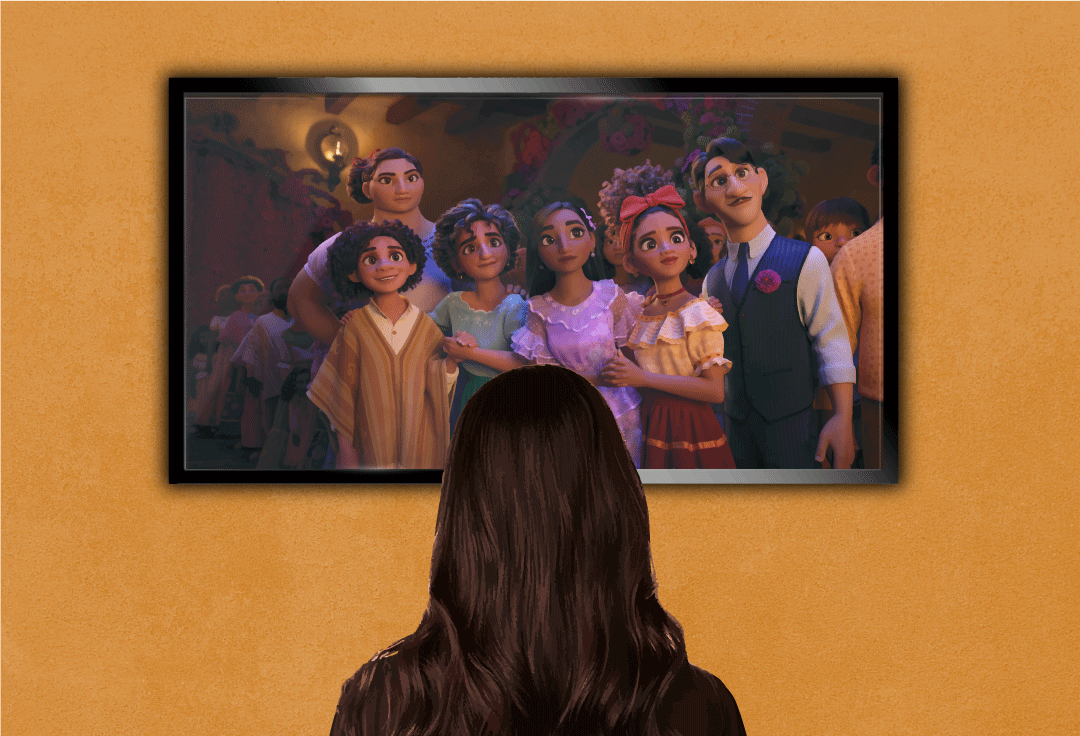Let’s play a word association game. I say a word, and you think about what you associate with it. Easy!
First word: Colombia.
What did you think of? Was it maybe an illicit substance? Or did a yellow, “Narcos”-esque lighting come to mind? Based on my prior knowledge of how these conversations usually go, I’m going to assume that was about it.
Being Colombian myself, I may be biased, but I truly and wholeheartedly believe that Colombia is one of the most beautiful countries in the world. Sure, there’s enough fauna and flora to gawk at for days and food so delicious I’m quite literally drooling as I write this, but what really makes Colombia the most beautiful country in the world is the culture.
The people of Colombia are so welcoming it hurts (literally speaking: tight hugs can be expected with every greeting). Everyone is family and gets treated as such. I have never met people more willing to share, no matter how much or how little they have.
But Americans don’t seem to know that about Colombians. In my experience, the things most Americans associate with Colombians aren’t very friendly. Or legal.
Yet most people who make these associations haven’t even dared to think about visiting Colombia. The only thing they can really base these opinions off of is the media.
It’s these misconceptions that highlight how important representation in the media is. When the only media coverage about a certain place or group of people is negative, it’s obviously going to make people think negatively of those places and people. Increasing representation in the media forces people to become more educated.
It also helps the people being represented feel more seen.
Like I mentioned before, I’m Colombian. But when one Latin American country gets good representation in the media, it’s a small win for every Latin American country. When you’ve gone through the same struggles someone else has gone through, a win for them also feels like a win for you.
While watching “McFarland, USA” for the first time, I remember feeling the most heart-swelling sense of pride I’d ever felt while watching a movie. The people in the movie weren’t even Colombian, but seeing Latinos being portrayed in not only a non-negative but also inspirational way in a movie was something I felt like I had never seen before.
When “Encanto” came out, I reached a whole new level of pride. I was seeing my country in a movie and for the first time, I felt proud. My entire family went to see it together, and we all left with slightly puffy eyes and runny noses from crying during the movie. The feeling of seeing your culture accurately portrayed in the media is indescribable.
The bright colors, lush landscapes and vibrant music that appeared in the movie were what I knew to be Colombia. And now other people know that’s Colombia too.
While I used to struggle with embracing my culture, I have grown to love and appreciate it for all that it is. It’s loud and full of love and life and I wouldn’t trade it for the world.
Although negative representation in the media still exists, I believe there is hope for more accurate representation that makes people feel the same way I do about my culture.


































































































































































Angie • Oct 9, 2023 at 7:10 am
Thank you for shining light on a much needed topic. May we continue to open eyes and minds!!
Amy Jo Flaig • Oct 6, 2023 at 3:19 pm
A beautifully written & thoughtful piece!